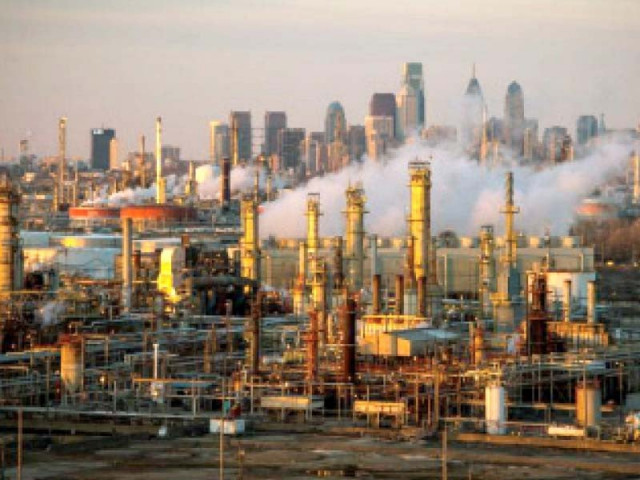Refineries worried as govt fails to cut tax
Industry also awaits refinery policy with incentives for plant upgrades

The petroleum industry is becoming desperate as the coalition government is reluctant to reduce the turnover tax for the oil marketing companies (OMCs) and refineries.
In addition, there are some other issues like under-utilisation of the refining capacity, which have led to an increase in reliance on imports and a higher oil import bill amid dwindling foreign exchange reserves of the country.
With surging crude oil prices due to the global macroeconomic situation, the OMCs and refineries were struggling to cope with the slowing pace of economic growth in the country, oil industry sources said.
The refineries were underutilised in the wake of delay in refinery policy and some were unable to go for upgrading due to the lack of incentives.
The federal budget lacked the incentives which the industry was looking at despite a “verbal agreement” on the reduction in turnover tax for the OMCs and refineries, they said.
A lower turnover tax would provide relief to the ailing sector and a sustainable environment where banks may revisit their financing facilities, which would help increase the refinery throughput and efficiency in the form of plant upgrades, the industry sources added.
They emphasised that the refining sector could help reduce the reliance on imports, save billions of dollars and meet the country’s energy needs.
“Pakistan’s demand for petroleum products is approximately 18 million tons per annum, which the local refiners can easily meet due to their capacity, resulting in reduction in the outflow of US dollar from the country and bringing stability to the local currency,” an industry official said.
Currency instability, depleting foreign currency reserves along with trade and current account deficits and rising import bill have increased inflationary pressure in the country, haunting the people and major industries.
Pakistan has imported around $10 billion worth of refined products in the outgoing fiscal year, higher by more than 120% compared to the previous year.
The State Bank of Pakistan (SBP) has questioned about the lack of financing facilities from the local banks, which have been asked to help the refinery sector with relaxed financing facilities.
It comes at a time when foreign banks are reluctant to open Letters of Credit with their partner banks in Pakistan due to the poor economic indicators in the country.
Apart from that, the refinery policy has been stuck in the pipeline for more than a year. Despite numerous rounds of negotiations during the tenure of the previous government as well as the current administration, the policy has still not been announced.
In this backdrop where incentives are not readily available, the refineries remain underutilised along with increasing costs and choked credit lines.
If the refiners were given the boost through the incentives they needed, Pakistan would not need to import petroleum products. It would help reduce the oil import bill and the current account deficit, the industry players said.
Published in The Express Tribune, June 29th, 2022.
Like Business on Facebook, follow @TribuneBiz on Twitter to stay informed and join in the conversation.



















COMMENTS
Comments are moderated and generally will be posted if they are on-topic and not abusive.
For more information, please see our Comments FAQ